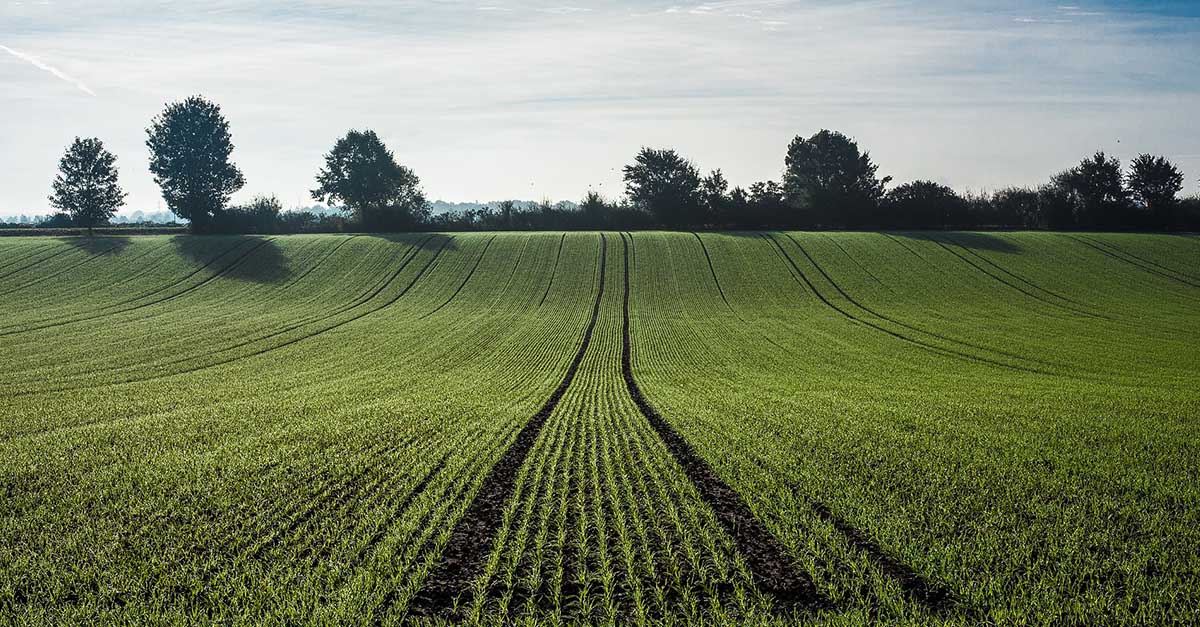What does the sharecropping contract consist of?
The sharecropping contract is regulated in article 1579 of the Civil Code, which says:
“The lease by sharecropping of farmland, breeding cattle, or manufacturing or industrial establishments, shall be governed by the provisions relating to the partnership contract and by the stipulations of the parties, and failing that, by the custom of the land.”
In the Rural Leasing Law, it is regulated in Chapter IX, specifically, in articles 28 and following.
By virtue of the sharecropping contract, the owner of a farm (assignor) or of a farm temporarily assigns its use and enjoyment or of any of its uses, as well as that of the elements of the farm, livestock, machinery or working capital, living with the sharecropper assignee in dividing the products by aliquot parts in proportion to their respective contributions.
In usual practice, the owner contributes the land, facilities and livestock, and the sharecropper contributes his labor, so that both parties contribute to the expenses and income in the form stipulated, both assuming the so-called “business risk”. In large estate areas, it is very common for these types of contracts to be formalized to manage agricultural and/or livestock farms, with the owners ceding the farm to sharecroppers, so that they assume all organizational control.
It may interest you: “ How can I recover possession of a rustic property?
Unless otherwise agreed, the sharecropping contract does not include any type of employment relationship between the assignor and assignee. However, in the event that the agreements start an employment relationship, the current labor and Social Security legislation is applicable. In the contracts in which the sharecropper only shares his personal work and, where appropriate, a part of the operating capital and working capital that does not exceed the total value of the exploitation, he must be guaranteed, at least, the minimum wage that corresponds to the time of the activity dedicated to the cultivation of the farms that are the object of the contract.
The contracting parties can freely agree on the duration of the contract. However, if no duration is foreseen, the Law understands that the contract will last for one agricultural year, extendable for a period of one year, as long as the contract is not terminated.
In those contracts that have a duration of less than one year, the prior notification of termination of the contract must be made at least six months in advance.
If the sharecropping contract has as its object the development of a specific crop, and provided that the crop has been developed for more than one year, the term minimum will be the time necessary to complete the rotation or cycle of the crop.
Once the sharecropping contract ends, if the owner of the farm intends to enter into a lease, the sharecropper assignee has a preferential right to formalize in the same terms, the new lease.
The rule also provides that the sharecropping contract be developed associatively, pooling the use and enjoyment of farms, capital, work and others elements of production, two or more people, with the purpose of constituting a farm, which can be livestock, agricultural or forestry, to distribute the benefit by aliquot parts in proportion to their contributions.
It is important to point out that this type of contract must be communicated by the owner of the farm or exploitation to the Ministry of Agriculture of the Autonomous Community in which they are located, that will send a copy of those to the General Registry of Rustic Leases that is established by regulation, which in any case, has a public and informative nature and is attached to the Ministry of Agriculture, Fisheries and Food.
You may be interested in: “Department specialized in Agrarian Law “
Patricia Prendes
Director of the Department of Agrarian Law
12/20/2022




















